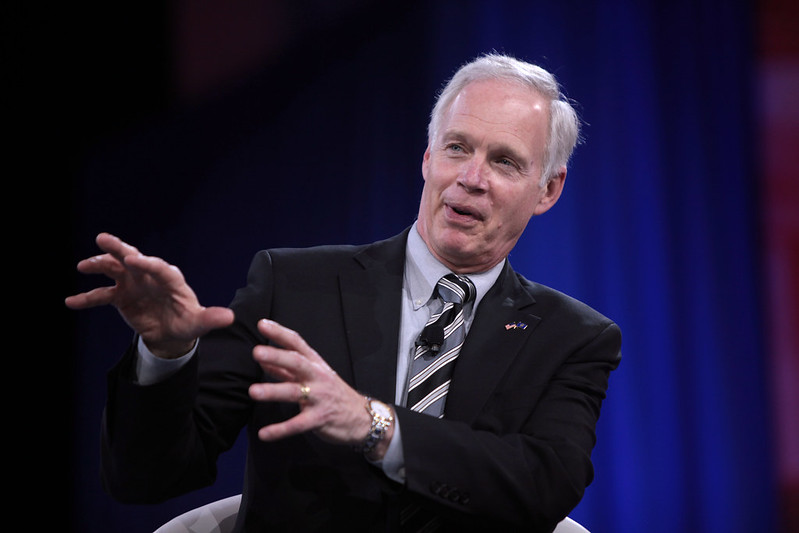Did the New York Times Editorial Page Accuse General Petraeus of a Crime Spree?
I'm not sure, but I think so.
From today's editorial, entitled, "Gen. Petraeus's Light Punishment":
Mr.
Published by The Lawfare Institute
in Cooperation With

I'm not sure, but I think so.
From today's editorial, entitled, "Gen. Petraeus's Light Punishment":
Mr. Petraeus, who charmed and provided extraordinary access to handpicked journalists and national security experts during his tours running the wars in Iraq and Afghanistan, was all too familiar with the currency of classified information in the battleground of public opinion. Journalists and think tank analysts who could be trusted to report favorably often got invited to sit in on his classified briefings (emphasis added).That's a remarkable claim, one I am in not a position to evaluate. It reads to me like the Times is saying as a matter of fact that Petraeus "often" disclosed classified material to "journalists and think tank analysts"---a claim of serial criminal conduct on his part which the editorial in no way supports. Given that the statement has dramatic implications if it is true, and is likely libelous if it is false, I think the Times should probably offer some insight into what, if anything, lies behind it. There's another oddity to the Times editorial: the disapproving tone the Times takes towards Petraeus's behavior. Does the New York Times oppose giving "extraordinary access to handpicked journalists"? Does it oppose inviting journalists believed sympathetic to receive classified information? And if so, I assume that it never accepted such access itself, right?
Benjamin Wittes is editor in chief of Lawfare and a Senior Fellow in Governance Studies at the Brookings Institution. He is the author of several books.



-final.png?sfvrsn=b70826ae_3)

